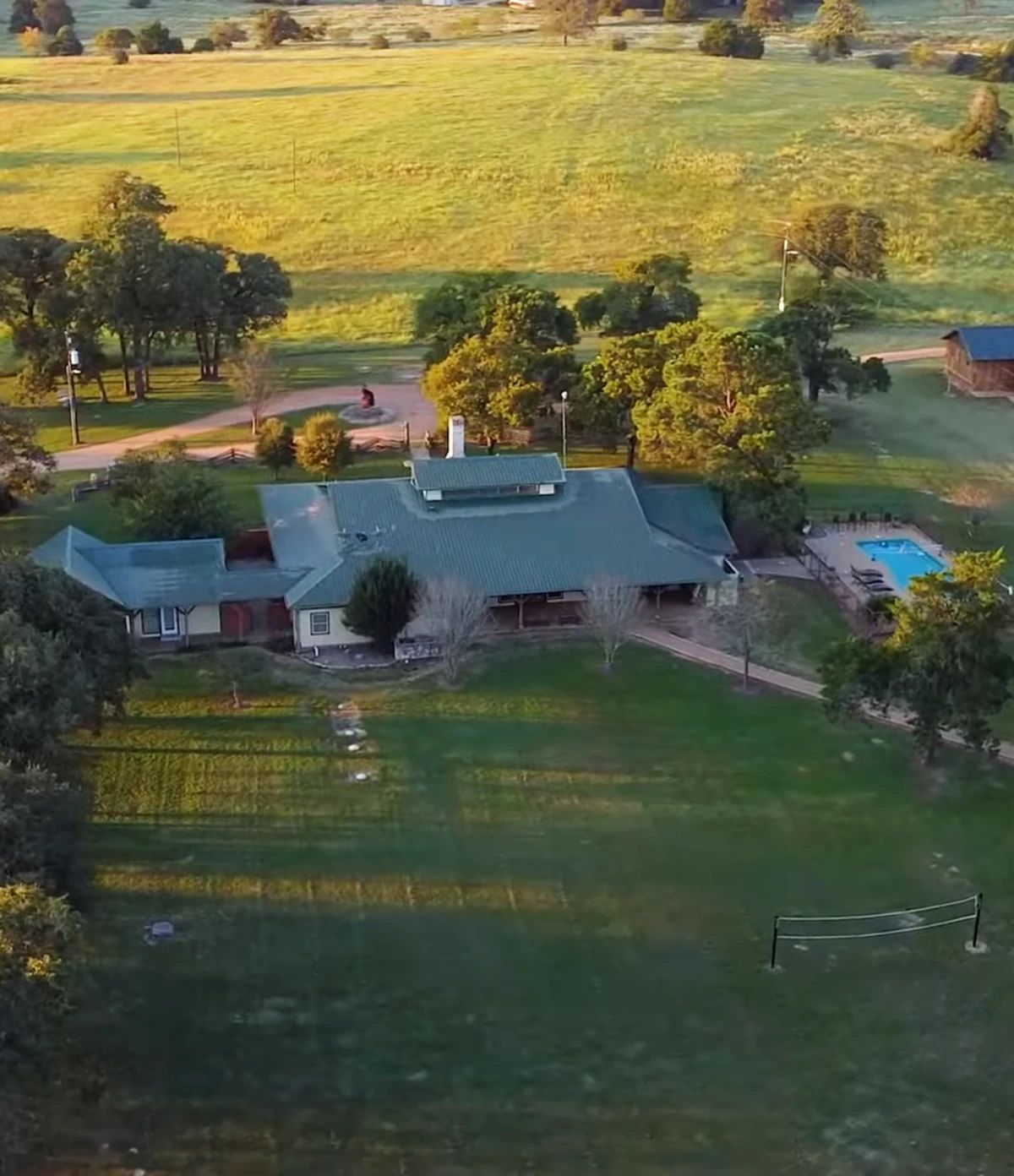We work with insurances. Verify yours now
Immersive and Sustainable Healing From The Inside Out

Navigating substance use disorder requires evidence-based and effective treatment to help you overcome cravings, harmful patterns, toxic self-medication, and outmoded ways of thinking. When paired with mental health disorders, the complexities of this experience are exponentially increased.
Many of the modalities we employ address the whole spectrum of the human experience, from the mind and body to the far corners of the soul. Our inpatient treatment programs are designed to adapt to unique individual needs with customized treatment plans. These plans are embedded with wellness solutions for alcohol use disorder and drug addiction treatment therapy.
Our physical, behavioral, and mental healthcare interventions span a range of therapies, wellness activities, and treatment options that are specially curated to promote relapse prevention, alleviate withdrawal symptoms, and address mental health conditions. Our healthcare providers are skilled at employing compassionate care and equipped to support you or your loved one through recovery.

Every individual treatment plan incorporates several different types of treatment and includes both group and individual therapy sessions. Here, you will not be subjected to shame and will receive our utmost respect and empowerment to help you make a positive transformation. You can expect to participate in these modalities at our detox and residential treatment center for men.
We do. However, it’s critical to remember that medication alone is not curative and is primarily for symptomatic relief. Medication-assisted solutions are designed to be used in combination with behavioral or mental health therapy for addiction.[2]
According to recent data published by the Substance Abuse and Mental Health Services Administration (SAMHSA), approximately 29 million adults reported a substance use problem. and just over 20 million considered themselves to be in active recovery or “recovered.”[3] The math indicates that approximately 68% of those initial 29 million have experienced some level of recovery.
[1]Bartoli, F., Crocamo, C., Carrà, G., Clerici, M., & Carretta, D. (2020). Cannabis use disorder and suicide attempts in bipolar disorder: A meta-analysis and systematic review. BMC Psychiatry, 20(1), 58. https://pmc.ncbi.nlm.nih.gov/articles/PMC7001357/
[2]U.S. Food and Drug Administration. (2023). Information about medication-assisted treatment (MAT). Retrieved from https://www.fda.gov/drugs/information-drug-class/information-about-medication-assisted-treatment-mat
[3] Key Substance Use and Mental Health Indicators in the United States: Results from the 2021 National Survey on Drug Use and Health. (2022). [Report]. Substance Abuse and Mental Health Services Administration. https://www.samhsa.gov/data/sites/default/files/reports/rpt39443/2021NSDUHFFRRev010323.pdf